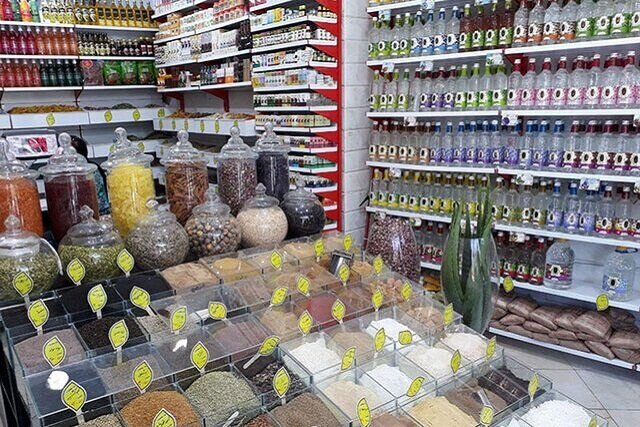20 traditional medicines helped treat covid-19: official

TEHRAN – During the coronavirus pandemic, the health ministry’s traditional medicine office carried out more than 120 research projects, leading to the production of twenty drugs to help treat the disease.
The coronavirus pandemic is considered one of the greatest challenges in the country’s health sector, ISNA quoted Nafiseh Hosseini-Yekta, the director of the health ministry’s traditional medicine office, as saying.
When the coronavirus affected Iran, several treatment methods by traditional medicine along with other conventional methods were proposed, she added.
A total of 20 out of 120 projects led to the production of drugs which were included in the pharmaceutical basket for treating coronavirus.
Back then, the guidelines for the use of traditional medicine for the treatment of Coronavirus were communicated to the universities of medical sciences in the country and people were made aware of that using media coverage. This protocol was about treating coronavirus and its symptoms using herbal medicines, modifying lifestyle, and eating healthy, which was welcomed by both the public and specialists.
Traditional medicine and conventional medicine complement each other and together they can help treat coronavirus, Hosseini-Yekta further noted.
People highly welcome traditional medicine
On January 7, Hosseini-Yekta said surveys show that more than 80 percent of people in the country intend to benefit from Iranian traditional medicine, ILNA reported.
Their interest in traditional medicine has never faded, she said, adding that traditional medicine is being taught in universities.
Traditional medicine has its roots in the culture, customs, and traditions of Iranians and has always been of interest to them, the official highlighted.
With over 500 graduates in the field and numerous research articles that have been published, the country has been able to improve its position by being ranked fourth in the production of science in the field of traditional medicine in the world, following China, India, and the United States.
She went on to say that traditional medicine and conventional medicine are complementary. Each of these medicines has unique capabilities that can be used together.
But it can only be prescribed by someone who has fully mastered both fields.
Unfortunately, extremists threaten people's health by either misusing their interest in traditional medicine or depriving them of the right to use the indigenous medicine of the country along with conventional medicine.
Draft on traditional medicine strategy
In November 2023, Iran attended the World Health Organization’s consultative sessions on developing a draft of a new traditional medicine strategy as the only representative from West Asia.
The event took place from November 27- 30, 2023 in Geneva, Switzerland, IRIB reported.
Arman Zargaran, Iran's advisor to the traditional medicine office at the Ministry of Health, participated in the event at the invitation of the WHO headquarters in Geneva.
The International Regulatory Cooperation for Herbal Medicines Unit of WHO, WHO-IRCH, invited 20 experts in the field of traditional medicine from all over the world to develop a draft of traditional medicine strategy for the period 2025-2034.
The invited experts were from China (3 representatives), Australia, Canada, Switzerland, (2 representatives each), Iran, Malaysia, England, South Korea, South Africa, Ghana, Norway, Thailand, Philippines, Brazil, and India (1 representative each).
Within 3 days of intensive work, the entire initial draft was reviewed in the presence of Rudi Eggers, WHO Director of Integrated Health Services, and Kim Sungchol, head of the WHO Traditional Complementary and Integrative Medicine Unit.
MT/MG
Leave a Comment